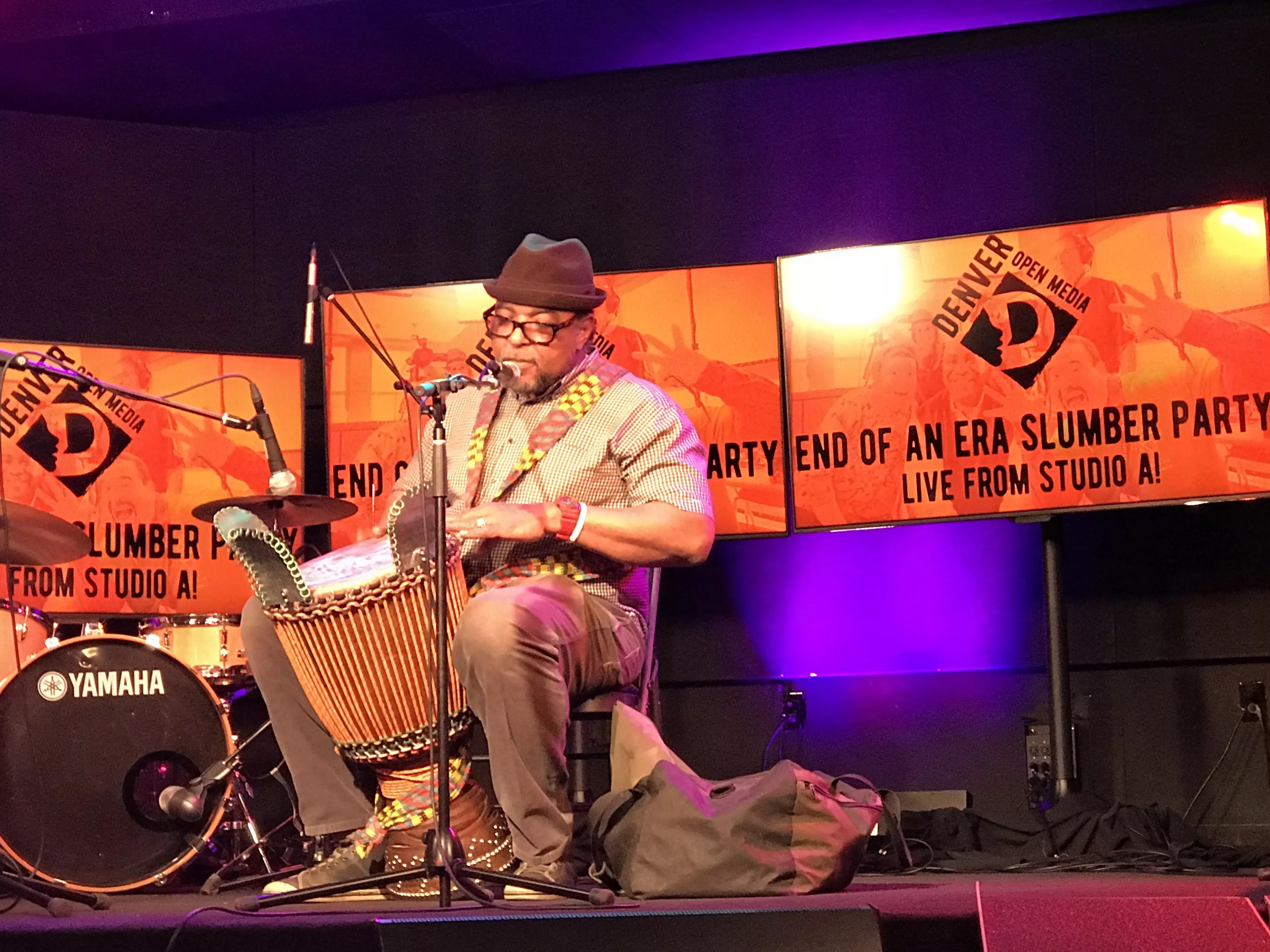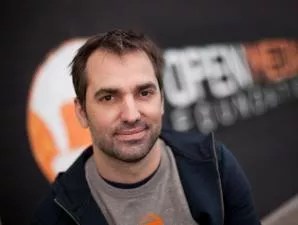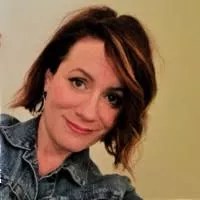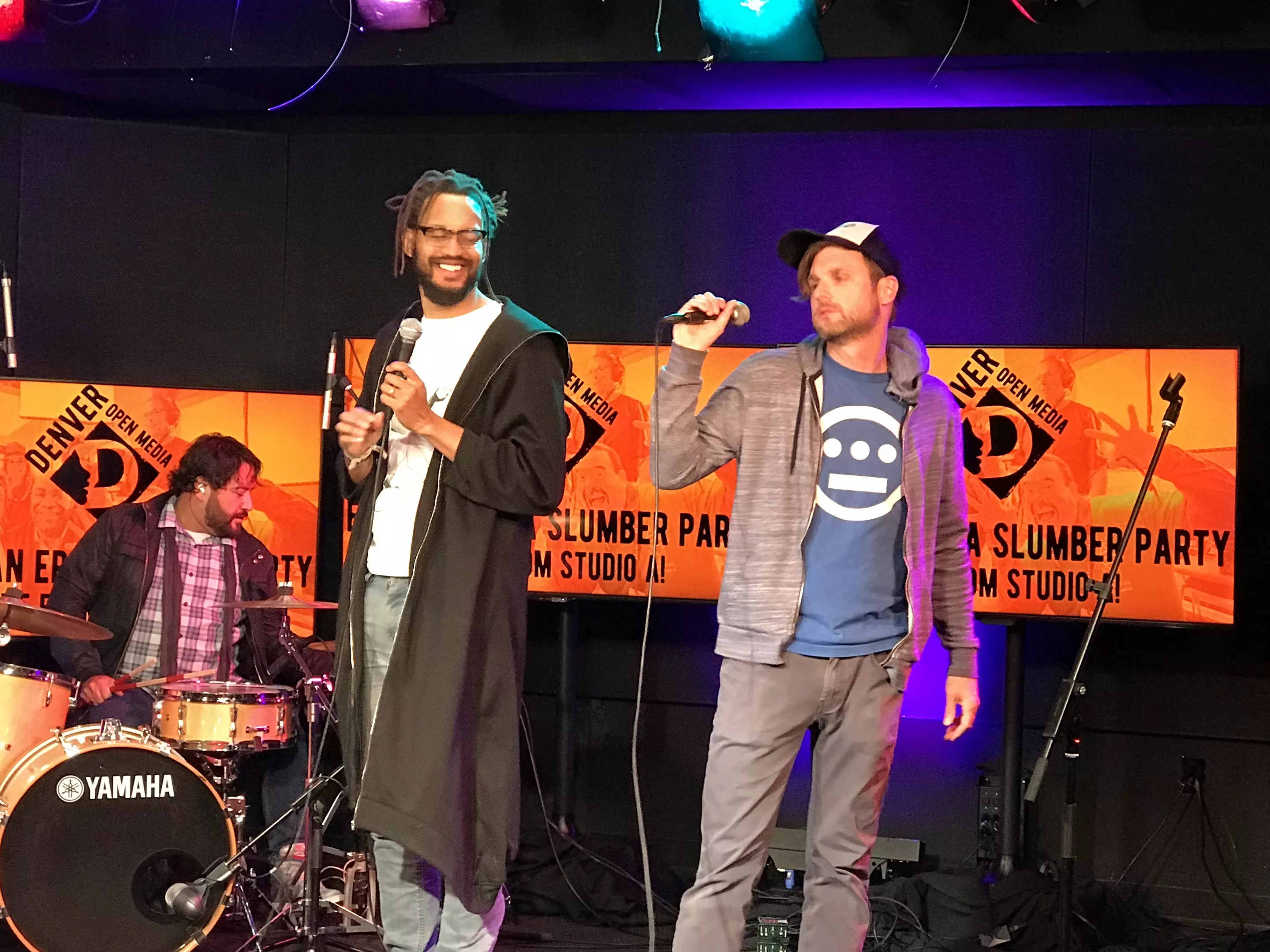
Kyle Harris

Audio By Carbonatix
City officials cutting ties with Open Media Foundation in order to “modernize” cable access did not show up on December 19 for the final broadcast from the OMF studios at 700 Kalamath Street, complete with speeches and a slumber party to mark the end of an era for the nonprofit running cable access in Denver.
Cable access – those non-commercial television stations where everyday people can make and broadcast their own content on cable – was born in the late ’60s and early ’70s, when the Federal Communications Commission forced cable companies to pay municipalities a percentage of their revenue to fund public, educational and government channels in exchange for using public utilities.
Denver first authorized cable-access channels forty years ago, when it signed the first franchise agreements with cable providers. Today these channels are overseen by Denver Marketing and Media Services, which has contracted for the past twelve years with the nonprofit Open Media Foundation and its cable-access arm, Denver Open Media, to operate them.
The higher-ups at Denver Marketing and Media Services missed the chance to speak at the December 19 open mic about their new initiative, Denver Community Media, which is taking over channels 56, 57 and 88. They also missed the opportunity to invite the dozens of community producers, artists and OMF supporters in attendance to visit the new community-access studio that Denver will open in the City and County Building.
The event at Open Media Foundation headquarters was organized by a who’s-who of Denver artists, the very people the city would be wise to collaborate with on its future projects: rapper, disability-rights activist and mayoral candidate Kalyn Heffernan of Wheelchair Sports Camp; Jonny 5 of the Billboard-charting Flobots; and animator and musician Laura Goldhamer. Internationally renowned trumpet player Joshua Trinidad was also in the house, as were members of Chimney Choir, Rubedo, Rare Byrd$ and many more bands.
Media producers, artists and OMF supporters shared space, performed short sets and enjoyed each other’s work, singing along, cheering, doing what communities do. They lavished praise on Open Media Foundation and honored the work of Tony Shawcross, nationally recognized as a savior of cable access in Denver and a pioneer of new technologies who has spent the past year begging Denver officials to reconsider their decision to cut ties with his organization.

Tony Shawcross
OMF
They spoke about all they had learned from Ann Theis, a stalwart media activist and producer who runs Denver Open Media, the cable-access arm of the foundation, and has trained thousands of youth and adults alike in studio broadcast, field production, editing technology and more.
Through its cable-access channels, Open Media Foundation has hosted political debates, Democracy Now! broadcasts, coverage of the Democratic National Convention when it came to town in 2008, and First Friday concerts that are a bucket-list gig for rising musicians. OMF has collaborated with countless nonprofits, and last year trained more than 2,000 youth in media production.
At midnight, Denver cut the feed and took over the broadcast on the cable-access channels that the Open Media Foundation had operated. It also pulled the plug on the two studios that the OMF was running; the city is shrinking the operation down to one studio located at 1440 Cherokee Street, on the west side of the City and County Building. In two years, the city plans to open up shop at a new community media center in Arapahoe Square.
Why move now? Denver officials say that they needed to secure the equipment and future of cable access in a permanent home. The OMF was willing to collaborate on that – in fact, it’s planning to move to the same media center – but the city opted not to renew its contract with the group.
So far, the city’s path to that new cable-access future has been bumpy.

Jenny Schiavone
Linked In
For weeks, the city’s purchasing department attempted to find an outside contractor willing and able to run the cable-access channels and bridge the transition from the Open Media Foundation studios to the City and County Building. After its first failed attempt at an RFP, the city’s purchasing department said there weren’t enough applicants. That claim blistered Open Media Foundation’s team, which had applied.
Weeks later, a second attempt is still in the works. The city’s hope is that a contractor will be signed on by the end of January or at least by the end of the first quarter of 2019, but there are no guarantees.
What happens if round two goes bust? Jenny Schiavone, chief marketing officer for Denver Marketing and Media Services, says that the city will figure it out.
For now, two temporary contractors have been hired to aid in the transition, although Schiavone could not recall their names yesterday. “I don’t have their resumes in front of me,” she said during a phone interview on December 19.
For weeks, Westword has been asking Schiavone for the specifics of the Denver Marketing and Media Services’ plan for the transition. Her responses have all been variations on this email: “I don’t have updates on the other items just yet but will reach out as soon as I do.”
This past weekend, though, she published a colorful opinion piece “special” to the Colorado Sun.
“Just like bookstores and video rental outlets, radio stations, television stations and newspapers are being forced to reinvent themselves to ensure long-term stability, the City and County of Denver is taking an innovative approach to modernize public access media,” she writes.
In her piece, Schiavone promises a new and better future for public access that the city will provide. “Gone are the days of filming public access TV in the basement. The proliferation of smartphones – a video camera in nearly everyone’s hands – and platforms like YouTube, Instagram, and Snapchat have completely changed the content creation landscape,” she says.
OMF has never filmed in a basement, but Schiavone’s remark conjures up visions of Wayne’s World, the early-’90s Saturday Night Live skit poking fun of community media producers.
Also gone are the days when that reference point makes sense in Denver – if it ever did. Long before Open Media Foundation took over, community access was a sophisticated operation in this city, deeply rooted in the local media ecology and grounded in community.
While the city correctly understands that media technologies are shifting and putting “a video camera in nearly everyone’s hands” through smartphones, not everybody can afford such a device, and the function of cable access has always been to level the playing field between those with access to technology and those without.
Shawcross is concerned that city officials don’t understand the class dynamics at work. “We don’t want to live in a world where the volume of your voice depends on how much money you have,” he told the crowd at the December 19 event.
In a release, Denver Marketing and Media Services says the city will be partnering with Emily Griffith Technical College/DPStv-Channel 22 to collaborate on a collective vision of creating a media workforce pipeline. Although the details have yet to be worked out, the release pledges “expanded partnerships that will bring new educational and workforce opportunities.”
And how many jobs will be provided by the new set-up itself? Zero – at least for now. Public, educational and government cable funds aren’t allowed to pay for staff, Schiavone says, adding that in the future, she hopes that collaborations will lead to unspecified employment opportunities.
“Denver Community Media is an all-inclusive, independently functioning, community-access blueprint that will take the accessible media concept into the future,” she writes in the Sun.

Flobots performed at Open Media Foundation’s celebration of the end of an era operating Denver’s cable access channels.
Kyle Harris
After asking to see that blueprint or any written plan with specifics, Westword was referred to denvercommunitymedia.org, a website where you can sign up to be a producer, tour the studios, submit content, check out equipment (which is not available yet), and sign up for workshops. The site also includes admonitions against violating copyright law and broadcasting images of sodomy and masturbation.
But there’s no blueprint for how the city plans to execute its ambitious vision of modernizing community media.
A lack of documentation and specifics has plagued the city agency before. In 2016, Denver Marketing and Media Services was blasted by the city auditor for mismanaging Open Media Foundation contract, and the nonprofit took a hit for failing to live up to the city’s standards for purchasing and tracking expenses.
Earlier this fall, when asked why the city was severing ties, Julie Martinez, director of Denver Media Services, said, “Look to the 2016 audit.”
While Schiavone promises all sorts of technologically sophisticated educational offerings, the only classes currently available from the city are training in using the studio, editing equipment and field production – all of which are currently offered by Open Media Foundation along with much, much more.
Who is going to produce content for Denver Community Media? Pending Denver City Council approval, the city will grant the Open Media Foundation much of the equipment it already has purchased through its contract, in hopes that the group’s loyal community producers will continue to submit content. The city will not pay for upgrades and maintenance costs, though.
Denver Community Media ultimately plans to move from its makeshift home in the City and County Building to a permanent home in the Buell Public Media Center, a project of Rocky Mountain PBS that is now under construction at 21st and Arapahoe streets; it’s slated to open in 2020. Shawcross, too, has been in talks with Rocky Mountain PBS about setting up shop in the new center.
Among other things, the Buell Public Media Center will push for collaborations between the city, educational institutions and nonprofits – the very stuff at which the Open Media Foundation has excelled for years.

The Open Media Foundation launched an AM station in 2016.
Ken Hamblin III
While Shawcross is unhappy to lose the cable access channels and funding that has ranged between around $50,000 and $500,000 per year, depending on cable revenue, he’s more concerned that he hasn’t gotten straight answers from the city. In their absence, he’s still looking toward a bright future for his own organization, expanding Open Media Foundation’s radio offerings and creating an FM channel dedicated entirely to supporting local musicians. (OMF already has an AM station.)
From the looks of December 19 slumber party, Shawcross has the community’s backing and an actual plan. He hopes to launch the FM station by January 1.
“I’ve been feeling a little somber all day,” Shawcross told the crowd last night. “This is a project that’s near and dear to my heart. And there’s just no way the city is going to be able to replicate what we’ve been able to build here with the limited resources that they’re going to put into it in a city-owned facility. And they don’t know that, I don’t think – and hopefully they care, but it seems like they don’t.”
After the city took over the channels at midnight, the slumber party raged on.
“We kept going for a few hours just because we were having fun,” Shawcross wrote Westword this morning. “But the channels showed some lame old programming and a new logo/watermark.”